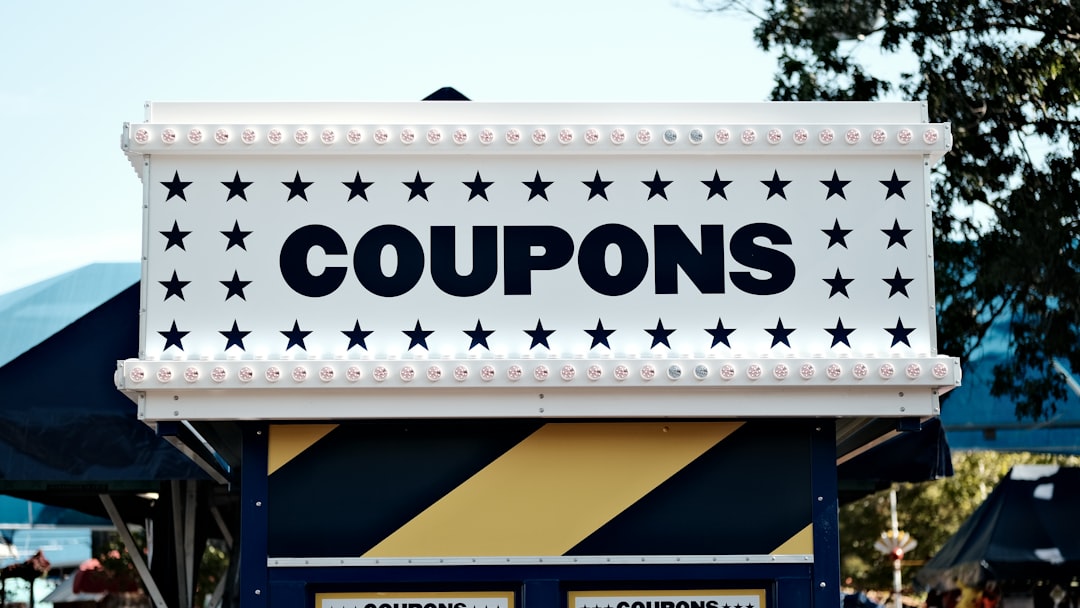Coupon websites can be a lucrative niche, offering users discount codes while generating affiliate revenue for site owners. However, these pages must do more than just list codes to perform well in search engines. If you’re building or managing a coupon-based website, it’s crucial to avoid creating thin content and to handle expired codes properly. Sites that don’t address these issues not only risk decreased rankings, but also diminished user trust.
Understanding Thin Content in Coupon SEO
Thin content refers to web pages with little to no added value for the visitor. In the context of coupon websites, a page that simply lists a few expired or generic promo codes with little or no supporting content can be deemed “thin” by search engines.
Google’s algorithms are increasingly focused on rewarding helpful, comprehensive content. If coupon pages on your site are just templates with swapped-out brand names and no unique information, they are unlikely to rank well—or worse, may get penalized entirely.
Characteristics of Thin Coupon Pages
- No original content, explanations, or added value.
- Repetitive structure and wording across multiple pages.
- Unverified, expired, or irrelevant coupon codes.
- Minimal user engagement—no user reviews or interaction features.
Creating valuable pages means stepping beyond a simple listing. Consider your users’ actual experience: Are they able to find active deals quickly? Do they know when deals last? Are there helpful descriptions or instructions? If not, your page risks being just one of many low-value results.
Unique Content Strategies for Coupon Pages
To stand out from the sea of generic coupon pages, you need to invest in content that search engines and users value. Here are ways to level up your coupon pages:
1. Include Detailed Brand Context
Write a unique introduction or summary about the brand for which you’re offering coupons. This could include:
- A brief history or mission of the company.
- The types of products or services they offer.
- Price ranges and customer rating information.
Adding this context makes your page more useful and improves keyword relevance.
2. Highlight Coupon Types and Usage Tips
Not all discounts are created equal. Users often want to know:
- Which codes offer the best savings?
- Are there specific sale seasons or product exclusions?
- How to apply codes during checkout?
Adding this guidance not only helps users but also creates valuable content around long-tail keywords like “how to use Nike promo code” or “best H&M discount for students.”

3. Use Expiry and Verification Information
One of the biggest frustrations for users is trying promo codes that no longer work. Not only does this increase bounce rates but it also damages credibility.
Here are practical tactics:
- Display expiration dates next to each code.
- Add last verified timestamps to show how recently a code was checked.
- Allow users to rate the code’s usefulness or report errors.
A small “Verified Today” label can create a stronger perceived value for a code, even improving click-through rates.
Handling Expired Codes Without Losing SEO Value
Every coupon has an expiration date, but that doesn’t mean you should just delete the page once all offers are expired. In fact, *how* you manage expired codes can impact your SEO health significantly.
Why Deleting May Be a Mistake
Let’s say you have a well-ranking coupon page for “Nike Coupons.” If all the codes expire, should you delete the page?
No. Doing so could remove valuable backlinks, authority, and search visibility.
Instead, consider the following strategies:
- Update the content frequently, even if new codes aren’t available. Add “Check back soon for new offers!” messages.
- Move expired codes to a “Recently Expired” section. This gives users a chance to try them, and adds credibility.
- Keep evergreen content above-the-fold even if the current offers are gone.

On-Page Elements That Boost Coupon SEO
Optimizing a coupon page goes beyond inserting keywords and writing a paragraph or two. Certain on-page elements strongly influence both SEO and user engagement.
1. Structured Data Markup
Use Schema.org markup relevant to coupons—like Offer, Product, and Organization—so that search engines can better understand your page content. With proper schema, your coupon pages can qualify for rich results like price info and expiration dates, enhancing click-through.
2. User Interaction Features
- Let users upvote/downvote coupons based on effectiveness.
- Enable code copy-to-clipboard functionality—it’s simple, but useful.
- Incorporate comment sections or reviews.
These features not only improve user trust but also increase time-on-site signals, positively impacting rankings.
3. Pagination and Canonical Tags
If your coupon lists span multiple pages, ensure you set up canonical URLs and paginated link relationships (rel="next" and rel="prev") to guide crawl behavior and consolidate link equity.
Internal Linking and Category Hierarchy
Your site architecture plays a critical role in how search engines view coupon pages. If you’ve got isolated pages without proper linking, they’ll be harder for bots to find and less likely to rank.
Best practices include:
- Creating category pages like “Coupons by Brand” or “Student Discounts.”
- Linking related stores together—e.g., Adidas coupon page could link to Reebok or Puma.
- Using keyword-rich anchor text where appropriate.

The Role of Freshness and Monitoring
Search engines—and users—love fresh content. Set up mechanisms to:
- Automatically check and verify coupons.
- Remove or flag codes that consistently fail.
- Monitor rankings and engagement to identify underperforming pages.
Also, consider adding a “Latest Updated” timestamp to instill confidence that the content is maintained. The last thing you want is a potential customer bouncing because the page looks abandoned.
Takeaways: Building Better Coupon Pages
SEO for coupon pages isn’t just about targeting keywords. It’s about making pages that are helpful, reliable, and rich in information. Here’s a summary of actions you can take:
- Craft unique and helpful content for each brand-specific coupon page.
- Format codes clearly with expiration dates and verification info.
- Don’t delete expired pages; instead, keep them updated and relevant.
- Use technical SEO tools like structured data, canonical tags, and internal links.
- Provide a great user experience with interaction features and updated content.
With strong content, clean structure, and continuous updates, your coupon pages can become trusted, high-traffic destinations for bargain-savvy users—and rank high in search results while doing so.


